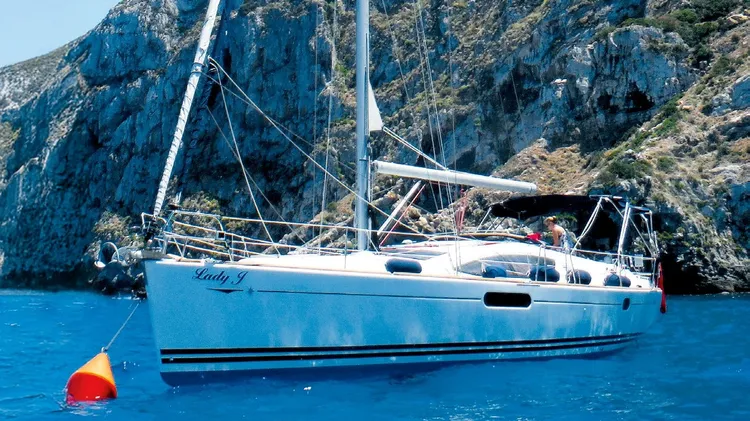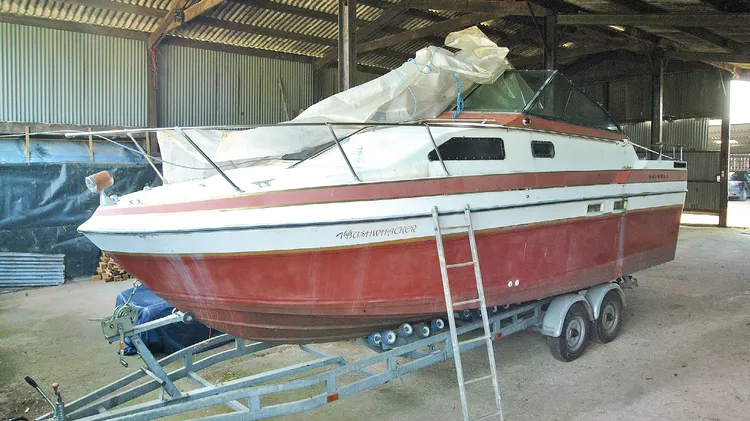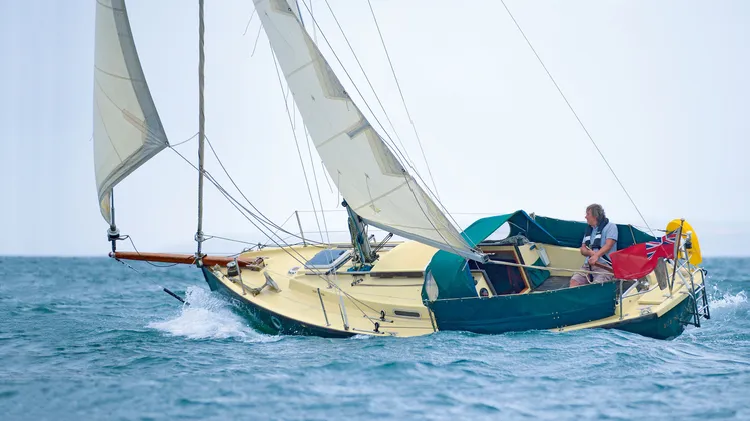Fake decking has come a long way in a short time as Sam Fortescue discovers
Faking it
10 min read
This article is from...
Read this article and 8000+ more magazines and newspapers on Readly






